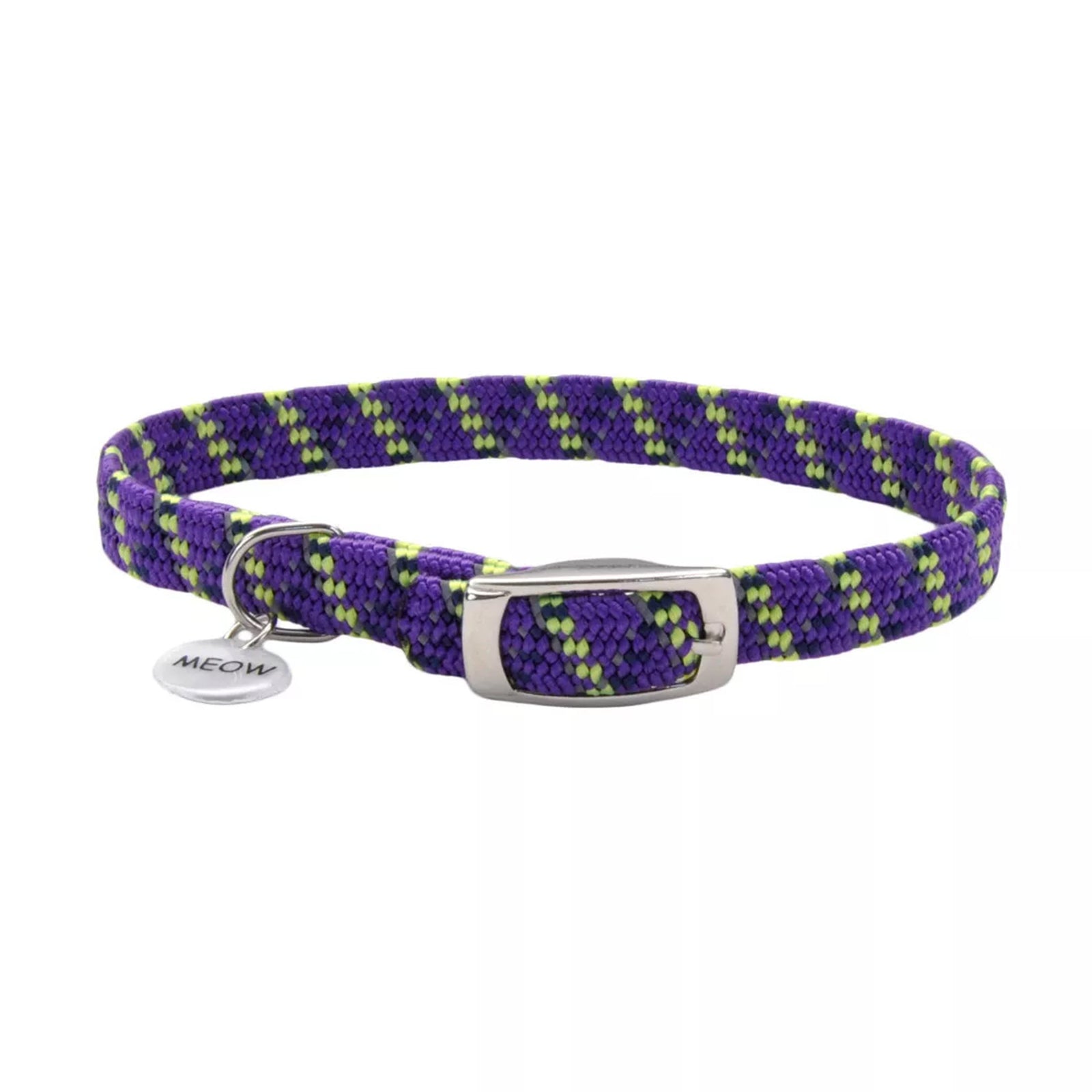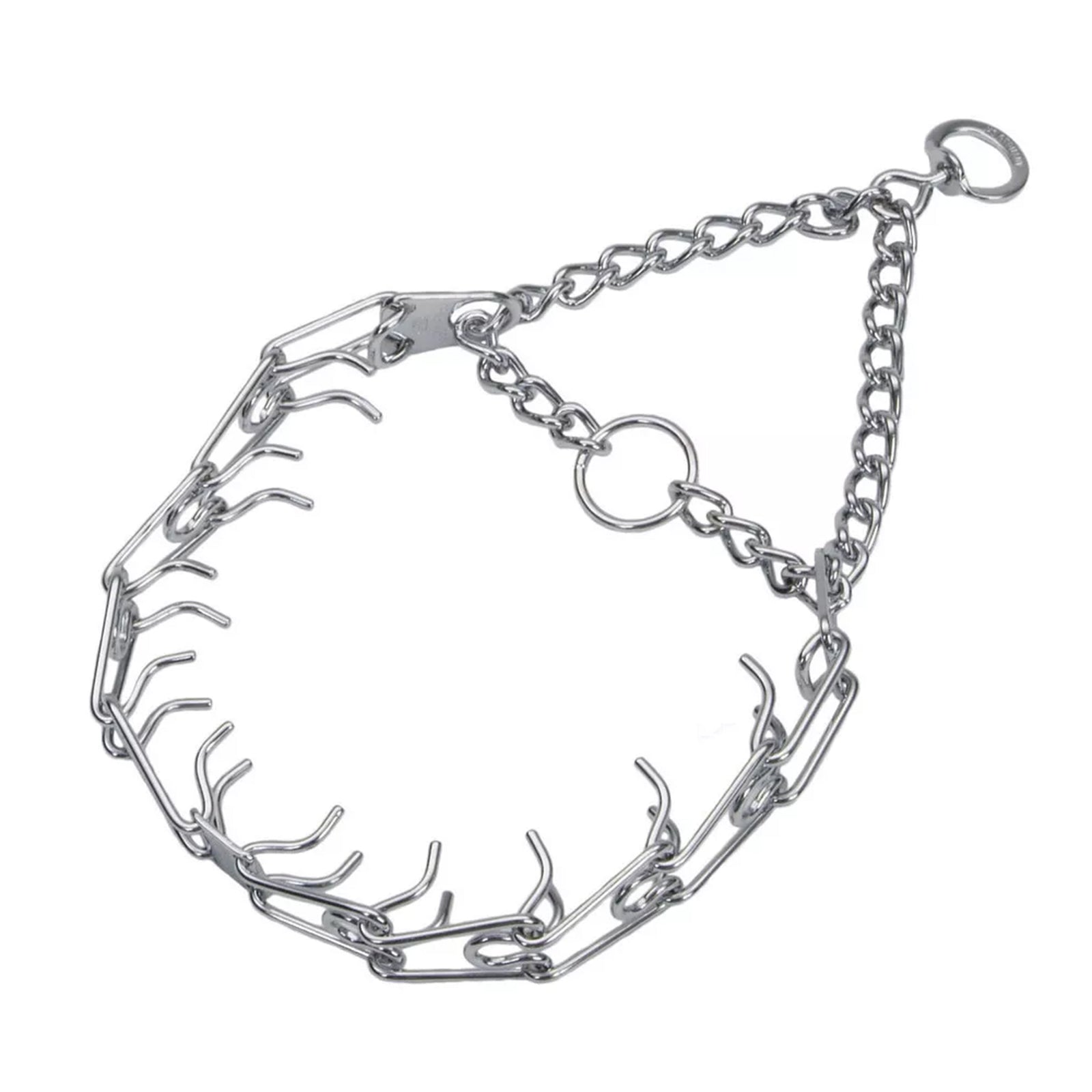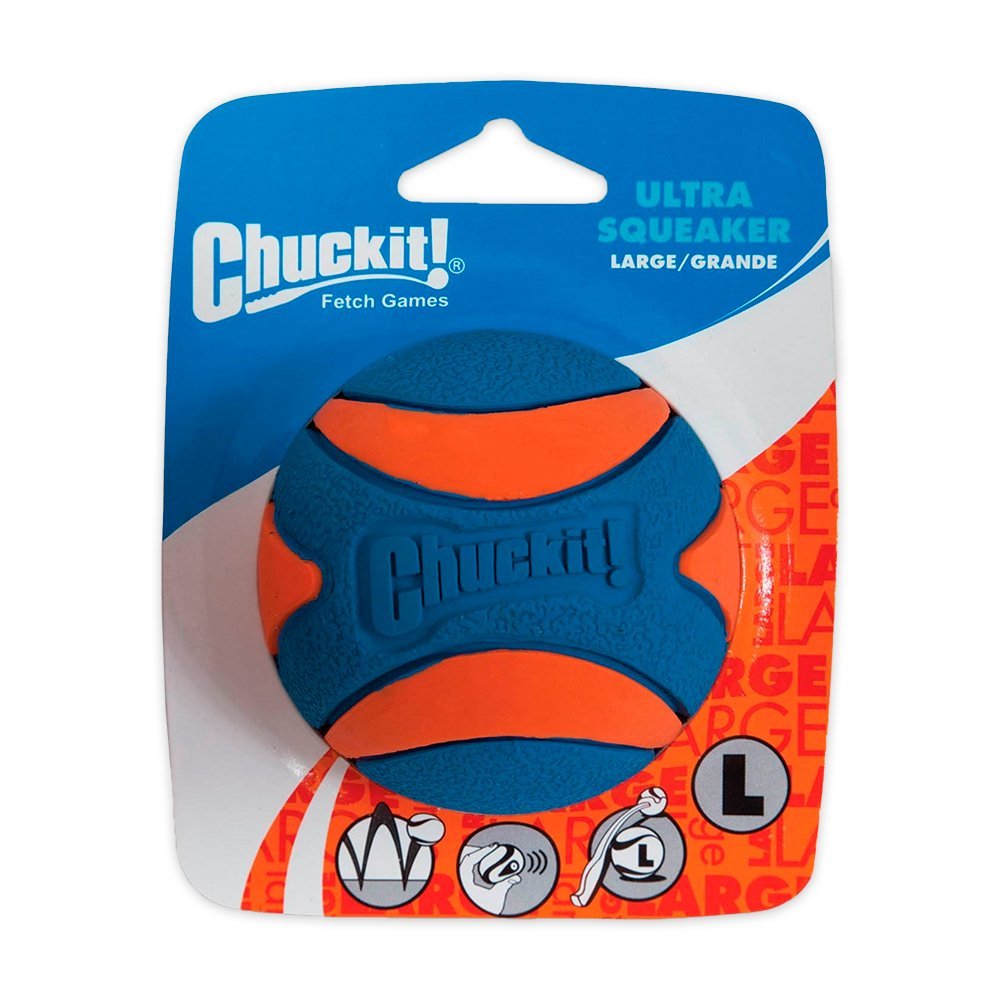| 🐦 How to Clean a Bird Cage |
|---|
| Step 1: Remove your bird and all accessories from the cage. |
| Step 2: Scrub the cage with a bird-safe disinfectant. |
| Step 3: Rinse the cage thoroughly to remove any disinfectant residue. |
| Tip: Breaking the cleaning process into steps and creating a schedule saves time and headaches. |
| Note: Follow a step-by-step guide to ensure your bird’s environment stays safe and hygienic. |
Why Cleaning Your Bird Cage Is Essential
Health Risks of a Dirty Cage
Let’s be real—a filthy cage isn’t just an eyesore. It’s a straight-up dangerous place to be for your little birdie.
Do you leave old seeds, poop mountains, and soggy corners lying around? It creates a perfect environment for bacteria, mold, and some gnarly fungi you don’t even want to think about. Leaving it long enough can create a lot of difficulties for your bird like:
- Breathing troubles
- Itchy, scruffy-looking feathers
- Stomach issues
- Unwanted guests—mites, lice, and other creepy crawlies
Birds have pretty delicate immune systems. So if you refuse to clean, you’re basically rolling out the red carpet for sickness. Bottom line? Keep it dirt-free, or regret it later.
Behavioral Benefits of a Clean Environment
Birds thrive in clean, organized spaces. A sparkling cage can:
-
Lessen your bird’s stress and anxiety
-
Make your bird’s nature more playful
-
Give a boost to healthy eating and grooming habits
- Keep boredom or aggression away
Supplies You’ll Need Before You Start

Before diving in, make sure you’ve got everything prepped. Here’s your bird cage cleaning supplies:
- Bird-Safe Cleaner: Don’t mess around with random sprays—grab something made for birds so you don’t gas your little buddy while you’re wiping out the germs. Try F10 products for the best results.
- Scrub Brush: Grab this to scrub away dirt from hard-to-reach corners and grates. Prevue Pet Products Bird Cage Saver Scrub is a top choice for a lot of bird owners.
- Gloves: Keep your hands safe from bacteria, droppings, and cleaning agents.
- Fresh Cage Liners: Pre-cut liners save time and make daily cleanup too smooth. Go for Vitakraft Bird Cage Liners to ensure your bird’s cage remains dirt-free.
- Paper Towels or Cloths: Works amazingly for wiping surfaces after rinsing and drying the cage quickly before reassembling.
- A Safe Perch: While you’re on cleaning duty, stick your bird somewhere safe, like a play stand across the room. Go for JW Comfy Perch Multi-Color for hours of entertainment.
How to Clean a Bird Cage: Step-by-Step Instructions
Ready to clean? Follow this simple 5-step process to deep clean like a pro.
Step 1: Remove Your Bird
Place your bird in a safe space, like:
-
A bird-safe travel carrier
-
A play gym or perch outside the cage (supervised!)
-
Another room if they’re free-flight trained
This ensures they’re stress-free and safe while you work.
Step 2: Remove Accessories and Liners
Before you begin with the cleaning process make sure to take out:
-
Food and water bowls
-
Perches and swings
-
Toys
-
Old cage liners
Give everything a good shake to get rid of the gunk. Then toss the whole lot into some warm, soapy water (or whatever disinfectant you trust).
Step 3: Scrub the Cage with Bird-Safe Cleaner
Go a little extra with that bird-safe disinfectant. Hit every inch of the cage.—don’t forget:
-
The grates
-
Bar corners
-
Tray
-
Latches and hinges
Give the cleaner a few minutes to do its thing (5–10 minutes works). Rinse everything off with fresh water. Dry it with a piece of cloth so your little munchkin doesn’t end up with wet feet.
Step 4: Wash Toys, Bowls, and Perches
Dunk everything in some water mixed with a bird-safe cleaner. Give ‘em a good scrub—yeah, even that stubborn gunk stuck to the perch. Rinse thoroughly, then let all the gear dry out completely.
Step 5: Reassemble and Return Your Bird
Grab some fresh cage liners, toss all those squeaky-clean accessories back in. Only then can your bestie get back to their favorite spot.
Timings of the Cleaning Schedule: How Often to Clean Bird Cage?
How often to clean the bird cage parts depends on a lot of things. Here's a list for you:
|
Frequency |
Task |
|
Daily |
Change liners, replace food/water, spot clean droppings |
|
Weekly |
Clean entire cage, toys, perches, bars, and tray |
|
Monthly |
Full disinfection with approved bird-safe disinfectants |
Daily bird cage cleaningTasks
-
Swap out food and water. Birds are messy little goblins. Don’t let 'em drink yesterday’s backwash.
-
Wipe off the obvious messes.
- Get rid of the old cage liner and replace it with a brand new one.
-
Sweep up the fallout zone around the cage. Ignoring it just means you’ll track seeds everywhere
Weekly Deep Clean
- Give those food and water bowls a proper scrub—no shortcuts.
- Scrub down the cage bars and the floor grate. Yeah, it’s gross, but you signed up for this.
- Toys and perches get disgusting, too. Wash 'em.
-
Rinse all that stuff thoroughly. Soap-flavored water is not a vibe.
Monthly Disinfection
-
Use a bird-safe disinfectant for all surfaces. Don’t just grab any ol’ household spray unless you want a vet bill
-
Soak anything they touch—perches, bowls, toys, whatever.
-
Let air dry completely before reassembly. We know your bird will not love to be in a damp space.
Tip: Set phone reminders or post sticky notes so that it does not go out of your mind.
Safe and Recommended Best Bird Cage Cleaners Products
Not all cleaners play nice with birds. So, how to disinfect a bird cage? Check the label and give a proper look at all the information without fail! Use stuff made for birds or reptiles, and don’t forget to clean your bird cage accessories too, or you’ll end up at the vet.
Our top pick:
F10 Veterinary Disinfectant (every bird nerd swears by it)
Other Goodies:
- Disposable gloves for when you’re not feeling brave
- Pre-cut cage liners—because who has time to wrestle with newspaper?
- Bottle brushes and sponge wands to get into all those awkward corners
Go for non-toxic, unscented, and stuff that rinses off easily. Your bird’s lungs will thank you.
Final Thoughts
Alright, now you have a good knowledge of how to clean a bird cage. Maintaining a clean environment can take very little time if you do it in the right way. Seriously, just get yourself the right gear, nail down a routine (maybe set a reminder on your phone or something), and treat it like just another way to show your little fluffball some love. With these bird hygiene tips, you can add years to your bird’s life.

















